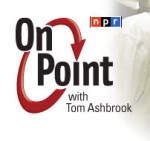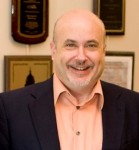
Alice Dreger
PROFS is pleased to cosponsor a public discussion with Alice Dreger, a former clinical professor at Northwestern University.
Dreger, author of Galileo’s Middle Finger: Heretics, Activists, and the Search for Justice in Science, will talk about academic freedom and how it relates to research. She will also share ways in which researchers can work individually and together to protect themselves.
She will speak at noon, Friday, March 4 in the Wisconsin Idea Room in the Education Building, 1000 Bascom Mall.
This is event is hosted by the Wisconsin Center for the Advancement of Postsecondary Education (WISCAPE) and cosponsored by the Holtz Center for Science and Technology Studies, the Department of History of Science, and the Wisconsin HOPE Lab.


 Chancellor Rebecca Blank
Chancellor Rebecca Blank 

